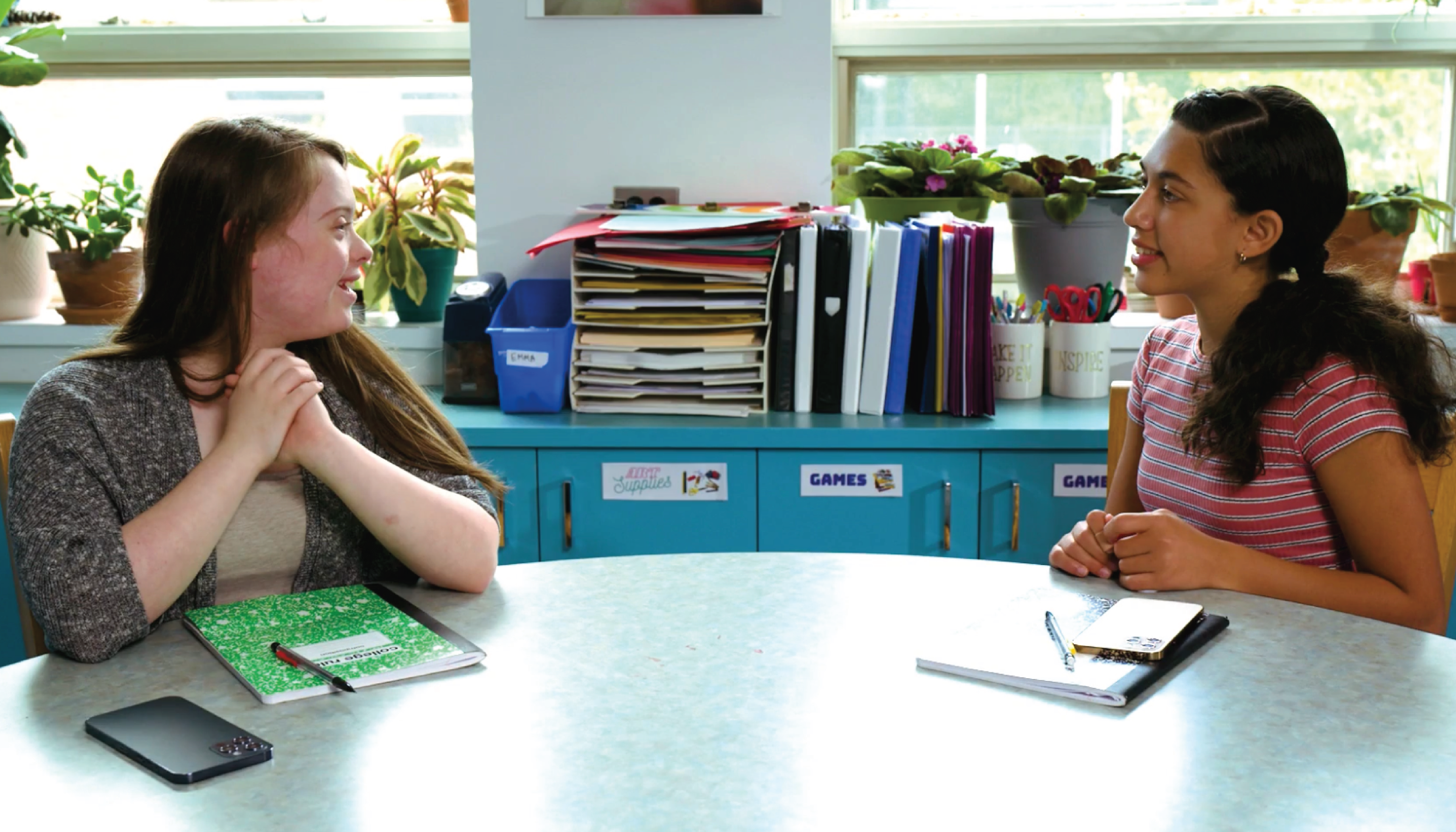
Introduction
As educators, we strive to provide our students with the tools they need to succeed academically and socially. One essential skill that can greatly benefit students in special education is metacognition. Metacognition, or “thinking about your thinking,” allows students to become more self-aware, set goals, and build self-esteem. In this blog post, we will explore a no-prep activity to introduce metacognition, discuss related skills, and offer next steps to continue building this crucial ability.
No-Prep Activity
Here’s a simple, no-prep activity to help students practice metacognition. This activity can be easily incorporated into your daily routine or used in a dedicated lesson on self-awareness.
- Ask students to think of a recent situation where they experienced a challenge or success (e.g., a difficult assignment, a social interaction, or a personal goal).
- Have students silently reflect on their thoughts and actions during that situation, focusing on three key moments: before, during, and after the event.
- Encourage students to consider the following questions:
- What were their thoughts and feelings before the situation?
- How did they approach the challenge or opportunity?
- What strategies did they use during the event?
- How did their thoughts and actions affect the outcome?
- What could they do differently next time to improve their performance or experience?
- After students have had time to reflect, invite them to share their insights with the class or in small groups, fostering empathy and understanding among peers.
Discussion Questions
Use these discussion questions to stimulate further conversations about metacognition and its benefits:
- How can thinking about our thoughts and actions help us improve our performance in school and social situations?
- What are some strategies you can use to practice metacognition in different scenarios (e.g., studying for a test, participating in a group project, or attending a social event)?
- How can metacognition help us become more empathetic and understanding towards others?
- What are some challenges you might face when trying to practice metacognition, and how can you overcome them?
- How can educators support students in developing metacognitive skills?
Related Skills
Metacognition is closely related to other essential skills for students in special education, such as:
- Goal-setting: By reflecting on their thoughts and actions, students can identify areas for improvement and set achievable goals to work towards.
- Self-regulation: Practicing metacognition helps students become more aware of their emotions and reactions, allowing them to develop better self-regulation strategies.
- Problem-solving: Metacognition enables students to evaluate their approach to challenges and identify more effective solutions.
- Social skills: Through self-awareness, students can better understand their own behavior and its impact on others, leading to improved social interactions.
Next Steps
Now that you’ve learned about metacognition and its importance for students in special education, you may be eager to explore more resources and activities to support your students’ development. We invite you to sign up for free samples of skill-building materials, including lessons, activities, and videos, to enhance your students’ social-emotional learning journey.










